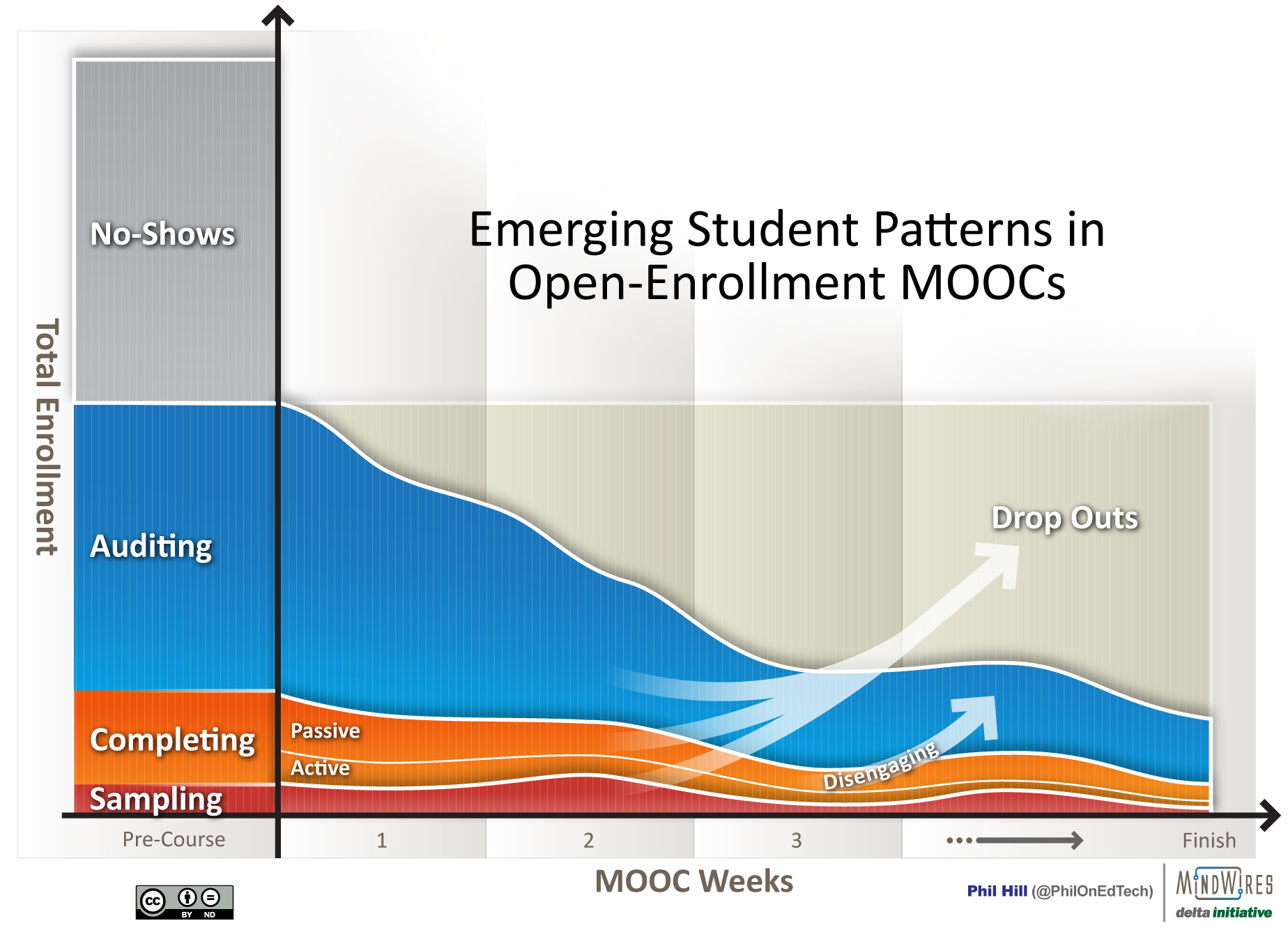Today, US Senators Durbin and Franken introduced the Affordable College Textbook Act for consideration by the US Senate. This act specifically supports the use of OER and open textbooks. From the press release:
Textbook costs are one of the most overlooked costs of going to college, but they can be substantial and can be a barrier to attaining a college education. According to College Board, the average student budget for college books and supplies during the 2012-2013 academic year was $1,200.
“Students can’t afford to pay $250 for a single textbook. In fact, U.S. PIRG found that seven of ten current college students have skipped buying a textbook because it was too expensive. It’s clear that the current big-publisher system isn’t working for students, and needs to change,” said U.S. PIRG Higher Education Associate Ethan Senack. “For students, the cost-saving potential of open textbooks is massive - around 80-100% compared to published textbooks. We thank Senators Durbin and Franken for championing this innovative solution to the high cost of textbooks.”
Specifically, the Affordable College Textbook Act:
- Creates a grant program to support pilot programs at colleges and universities to create and expand the use of open textbooks with priority for those programs that will achieve the highest savings for students;
- Ensures that any open textbooks or educational materials created using program funds will be freely and easily accessible to the public;
- Requires entities who receive funds to complete a report on the effectiveness of the program in achieving savings for students;
- Improves existing requirements for publishers to make all textbooks and other educational materials available for sale individually rather than as a bundle; and
- Requires the Government Accountability Office to report to Congress by 2017 with an update on the price trends of college textbooks.
Among the supoorting organisations are Creative Commons and the OpenCourseWare Consortium.
This act is very good news. It brings very high level attention to OER.


